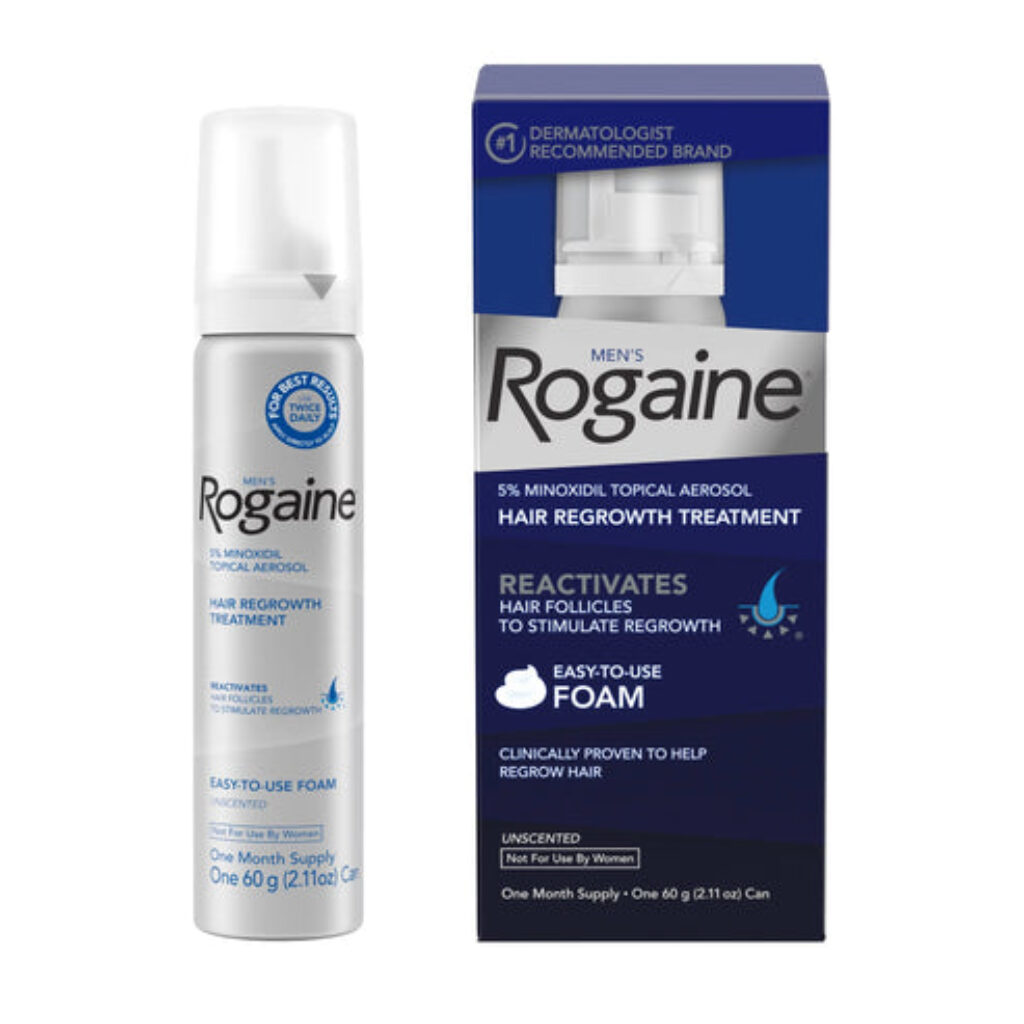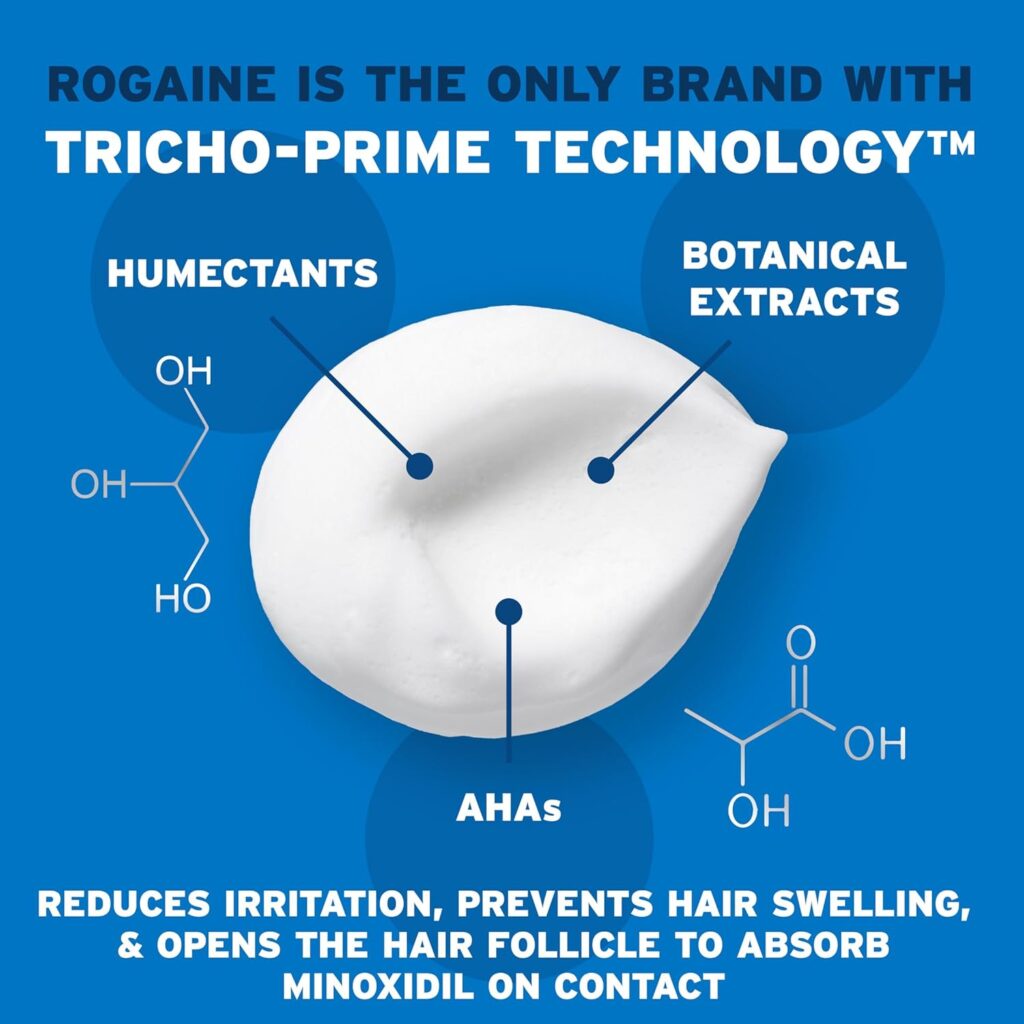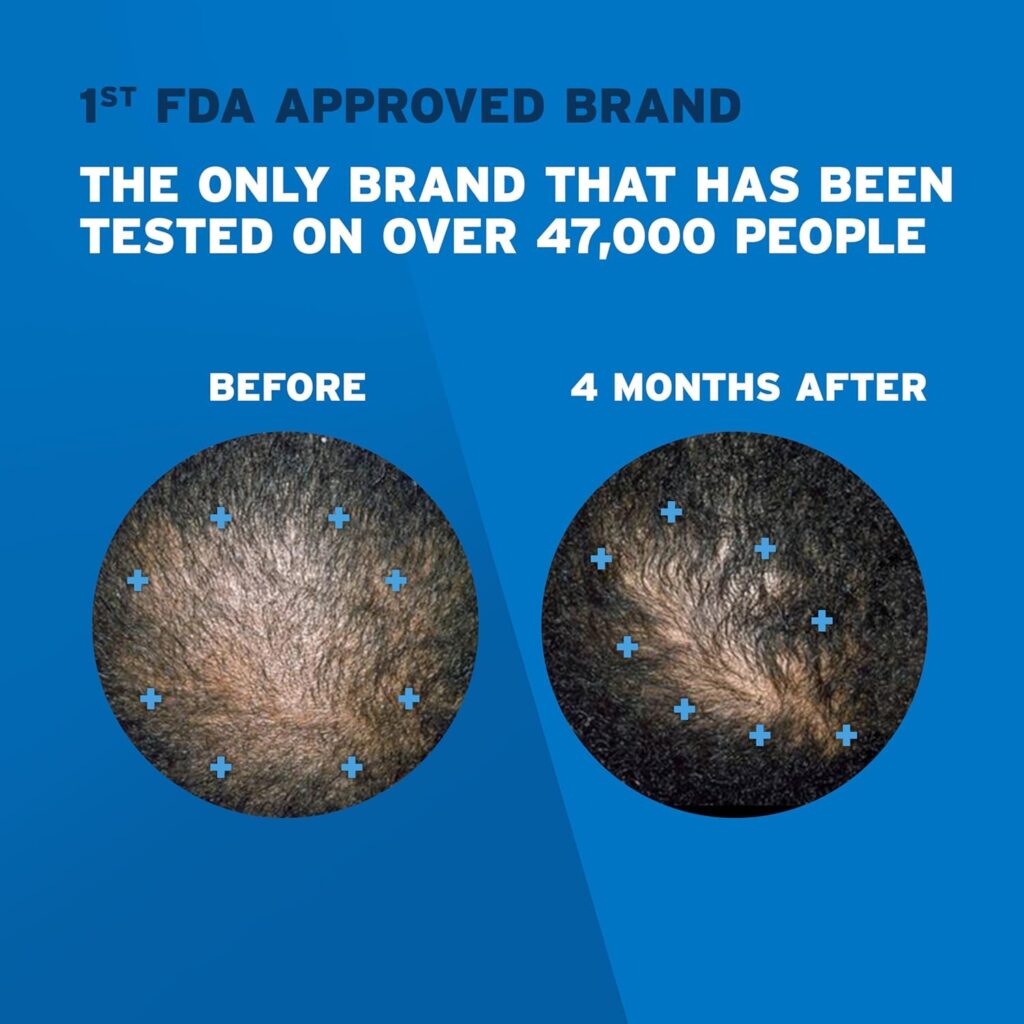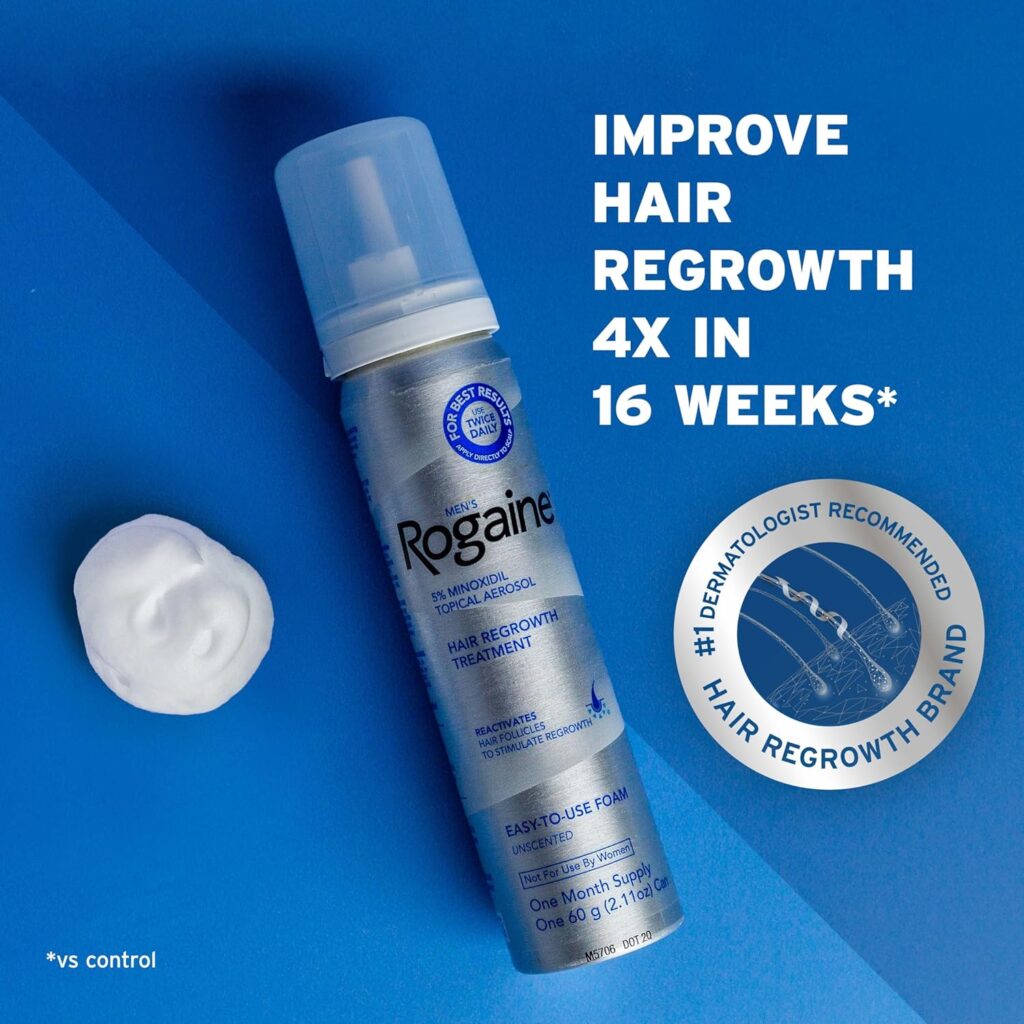
Hair fall, a common concern for many, can be a source of stress and anxiety. Whether you notice strands on your pillow or in the shower drain, losing hair can impact your self-esteem and confidence. Understanding the causes, prevention strategies, and available treatments can help you manage and reduce hair fall effectively.

Causes of Hair Fall
Hair fall can result from various factors, often intertwined, leading to thinning or balding. Here are some common causes:
- Genetics: Hereditary hair loss, known as androgenetic alopecia, is the most common cause. It affects both men and women, leading to thinning hair and baldness as people age.
- Hormonal Changes: Hormonal imbalances due to pregnancy, childbirth, menopause, or thyroid issues can cause hair to fall out. Conditions like polycystic ovary syndrome (PCOS) also contribute to hair loss.
- Medical Conditions: Diseases such as alopecia areata, which causes patchy hair loss, and scalp infections like ringworm can lead to hair shedding.
- Medications: Certain drugs used for treating cancer, arthritis, depression, heart problems, and high blood pressure can have side effects that include hair loss.
- Nutritional Deficiencies: Lack of essential nutrients like iron, protein, and vitamins can weaken hair follicles, leading to hair fall.
- Stress: Physical or emotional stress can trigger telogen effluvium, a condition where hair prematurely enters the resting phase, resulting in shedding.
- Hairstyling Practices: Excessive use of heat styling tools, chemical treatments, and tight hairstyles can damage hair, causing it to break and fall out.

Prevention Strategies
Preventing hair fall involves adopting healthy habits and making lifestyle changes to support hair health. Here are some effective strategies:
- Balanced Diet: Ensure your diet is rich in vitamins and minerals essential for hair growth, such as iron, zinc, vitamin D, and biotin. Foods like leafy greens, nuts, eggs, and fish are excellent choices.
- Gentle Hair Care: Use a mild shampoo and conditioner suited to your hair type. Avoid vigorous towel drying and brushing wet hair, as this can lead to breakage.
- Limit Heat and Chemical Exposure: Reduce the use of heat styling tools and chemical treatments. If necessary, use a heat protectant spray and opt for less damaging hairstyles.
- Stress Management: Practice stress-reducing techniques like yoga, meditation, or regular exercise. Maintaining a healthy lifestyle can significantly impact your overall well-being and hair health.
- Regular Scalp Care: Keep your scalp clean and free from dandruff or infections. Regularly massage your scalp to stimulate blood flow and promote hair growth.

Treatment Options
If you’re experiencing significant hair fall, it may be time to explore treatment options. Here are some commonly recommended treatments:
- Topical Treatments: Over-the-counter products like minoxidil (Rogaine) can help stimulate hair growth. These treatments are often applied directly to the scalp.
- Prescription Medications: Finasteride (Propecia) is a prescription medication for men that can slow hair loss and promote regrowth by blocking the hormone responsible for hair thinning.
- Hair Transplant Surgery: For more severe cases of hair loss, hair transplant surgery can be an effective solution. This involves transferring hair follicles from one part of the scalp to the thinning areas.
- Laser Therapy: Low-level laser therapy (LLLT) devices are available for home use or through professional treatments. These devices aim to stimulate hair growth by increasing blood flow to the scalp.
- Platelet-Rich Plasma (PRP) Therapy: This treatment involves injecting your own platelets into the scalp to promote hair growth and improve hair density.
- Natural Remedies: Some people find success with natural treatments like essential oils (rosemary, peppermint) or herbal supplements. However, the efficacy of these remedies varies and should be approached with caution.
When to See a Doctor
If your hair fall is sudden, patchy, or accompanied by other symptoms like itching or pain, it’s essential to consult a healthcare professional. They can help diagnose the underlying cause and recommend appropriate treatment options.

Conclusion
Hair fall can be a distressing experience, but understanding its causes and taking proactive steps can help manage and reduce it. By maintaining a healthy lifestyle, adopting gentle hair care practices, and seeking professional advice when necessary, you can work towards healthier, fuller hair. Remember, early intervention is key to preventing further hair loss and promoting regrowth.


